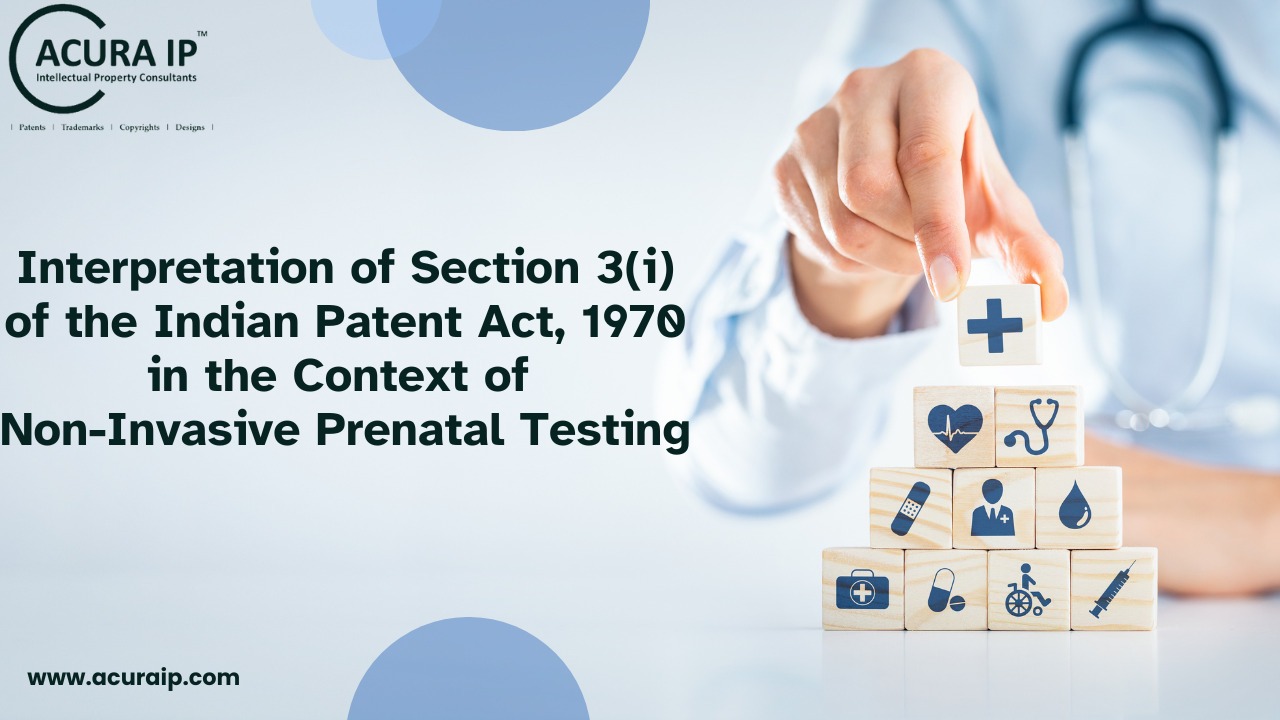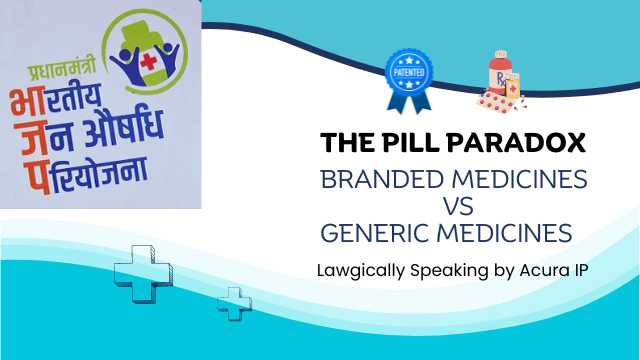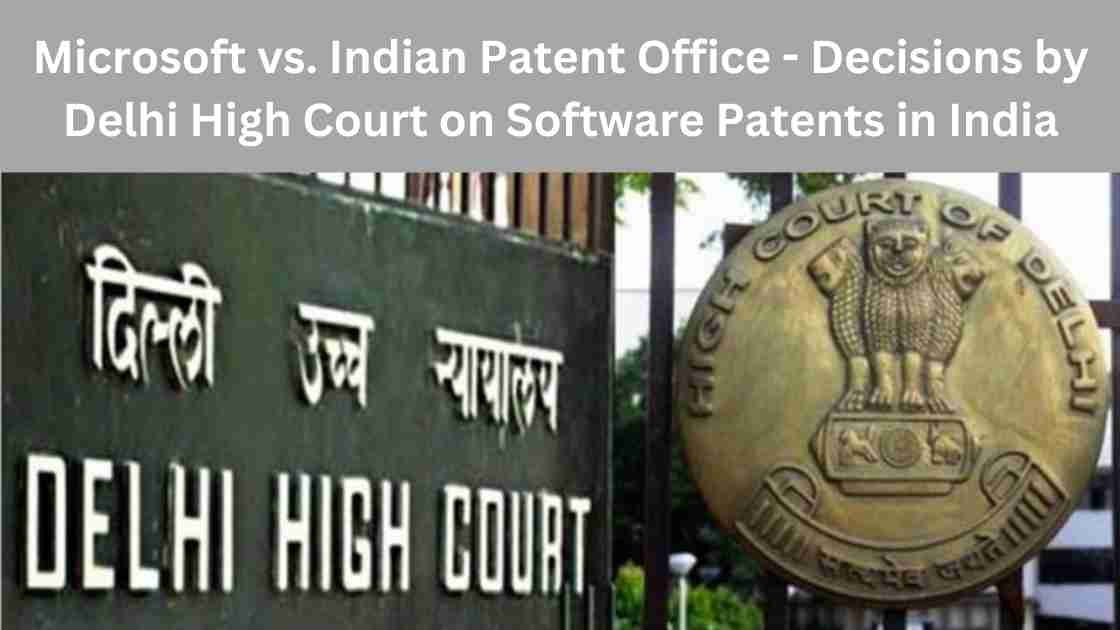Form 27 – Understanding Form 27 for Patentees and Licensees in the Post-2024 Amendment
Patents grant inventors exclusive rights over their creations for a specific period. In India, patentees and licensees have a responsibility to disclose how their patented inventions are being utilized within the country. This is achieved through Form 27, an essential document for patent compliance. Recent amendments to the Indian Patent Rules in 2024 have brought about some key changes regarding Form 27. What is Form 27? Form 27 is the designated form, as prescribed by the Indian Patents Rules, 2003 (as amended in 2024), titled "Statement Regarding the Working of the Patented Invention." This form serves as a mandatory disclosure document under Section 146(1) of the Patents Act, 1970. Patentees (as defined in Section 2(f) of the Act) and licensees (granted permission under Section 66 of the Act) are obligated to file this form with the Indian Patent Office (IPO). Recent Amendments and their Impact on Form 27 The Indian…

Interpretation of Section 3(i) of the Indian Patent Act, 1970 in the Context of Non-Invasive Prenatal Testing
Introduction The advent of Non-Invasive Prenatal Testing (NIPT) has revolutionized prenatal diagnostics, enabling expectant parents to assess the genetic health of the fetus without invasive procedures. However, the eligibility of such diagnostic methods for patent protection, especially in light of Section 3(i) of the Indian Patent Act, 1970 (as amended) has been a subject of considerable legal debate. This article provides a detailed exploration of the Hon’ble Madras High Court’s judgment in the matter of The Chinese University of Hong Kong Knowledge Transfer Office and Sequenom, Inc vs The Assistant Controller of Patents & Designs[1], shedding light on the technical and legal aspects that guided the court’s decision-making process. Non-Invasive Prenatal Testing (NIPT) Non-Invasive Prenatal Testing (NIPT) involves analyzing cell-free fetal DNA present in the maternal bloodstream to detect genetic abnormalities in the fetus. Unlike traditional prenatal testing methods that carry inherent risks, NIPT offers a safer and more accurate…

Branded Medicines vs. Generic Medicines: The Role of Patents
In the pharmaceutical industry, the distinction between branded and generic medicines is an essential one. Understanding this distinction is crucial not just for medical professionals and patients, but for legal practitioners who navigate the complex world of pharmaceutical patents. This article seeks to provide a clear overview of branded and generic medicines and the role played by patents in their development and distribution. 1. Branded Medicines: What are they? Branded medicines, also known as innovator drugs or proprietary medicines, are developed by pharmaceutical companies after extensive research and clinical testing. Once a new medicine is created, the manufacturing company seeks approval from the relevant regulatory body (like the FDA in the United States) to sell the drug. Upon approval, the medicine is given a brand name under which it is marketed. 2. The Role of Patents Patents play a central role in the world of branded medicines. A patent grants…

Microsoft vs. Indian Patent Office – Decisions by Delhi High Court on Software Patents in India
The part of this series focuses on the two recent judgments of the Delhi High Court passed in the statutory appeals filed by one of the leading technology giants Microsoft in the matters of Microsoft Technology Licensing, LLC v. The Assistant Controller of Patents & Designs[i], and Microsoft Technology Licensing LLC v. Assistant Controller of Patents and Designs[ii]. These judgments pertain to statutory appeals against refusal of a grant of patent applications, whereby the Delhi High Court has recommended the Indian Patent Office to adopt a broader strategy in appraising computer-related inventions. Such inventions are to be examined from the standpoint of their technical improvements and their functional significance in addressing concrete issues brought forth by such creations. The judgments provide an opportunity to revisit the concepts embodied under Section 3(k) of the Patents Act, 1970. Brief Facts: 1. Microsoft Technology Licensing, LLC v. The Assistant Controller of Patents &…

Understanding Copyrights & Cover Versions: A Detailed Exploration
Introduction The world of music is vast and filled with creativity, with musicians often drawing inspiration from others. This can lead to the creation of cover versions of original songs, a widespread and popular practice in the music industry. But how do copyrights interact with cover versions? What all safeguards an artist needs to take for developing a cover version? To understand this, one must delve into the intricacies of copyright law and its implications for cover versions. Definition of Cover Versions As per Section 31C of the Copyrights Act, 1957, a cover version, subject to the provisions of the said Section, is a sound recording in respect of any literary, dramatic or musical work, where sound recordings of that work have been made by or with the licence or consent of the owner of the right in the work. In one of the first matters pertaining to label records,…
Form 27 – Understanding Form 27 for Patentees and Licensees in the Post-2024 Amendment
Patents grant inventors exclusive rights over their creations for a…

Interpretation of Section 3(i) of the Indian Patent Act, 1970 in the Context of Non-Invasive Prenatal Testing
Introduction The advent of Non-Invasive Prenatal Testing (NIPT) has revolutionized…

Patent Publications vs Scientific Journal Publications: Understanding the Key Differences
Patent publications and scientific journal publications are two…
Categories
Recent Discussions
Form 27 – Understanding Form 27 for Patentees and Licensees in the Post-2024 Amendment
Patents grant inventors exclusive rights over their creations for a specific period. In India, patentees and licensees have a responsibility to disclose how…
Recent Discussions
Interpretation of Section 3(i) of the Indian Patent Act, 1970 in the Context of Non-Invasive Prenatal Testing
Introduction The advent of Non-Invasive Prenatal Testing (NIPT) has revolutionized prenatal diagnostics, enabling expectant parents to assess the genetic health of the fetus…
We are here to help you
Talk to us or write to us to get your concerns addressed right away!!
